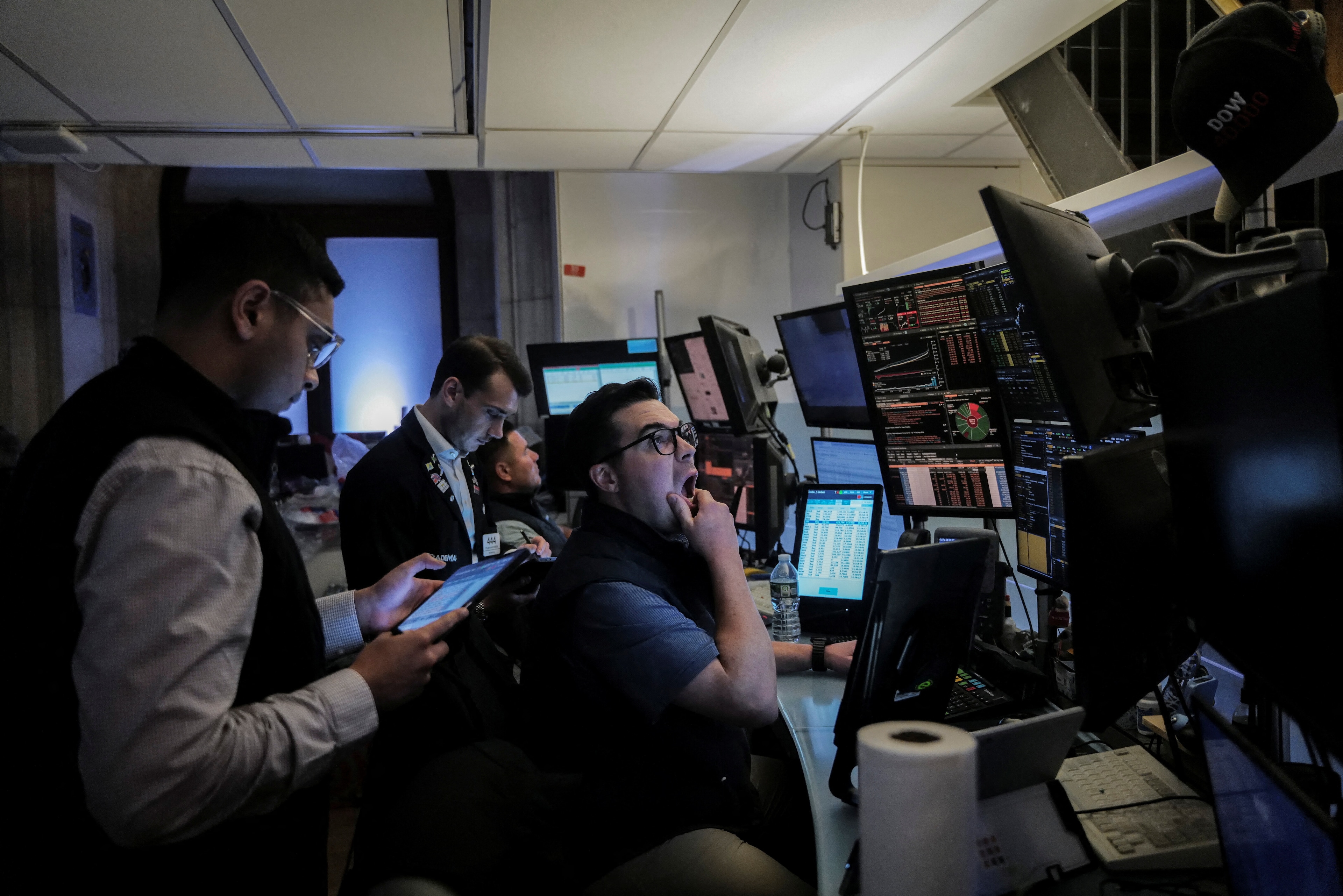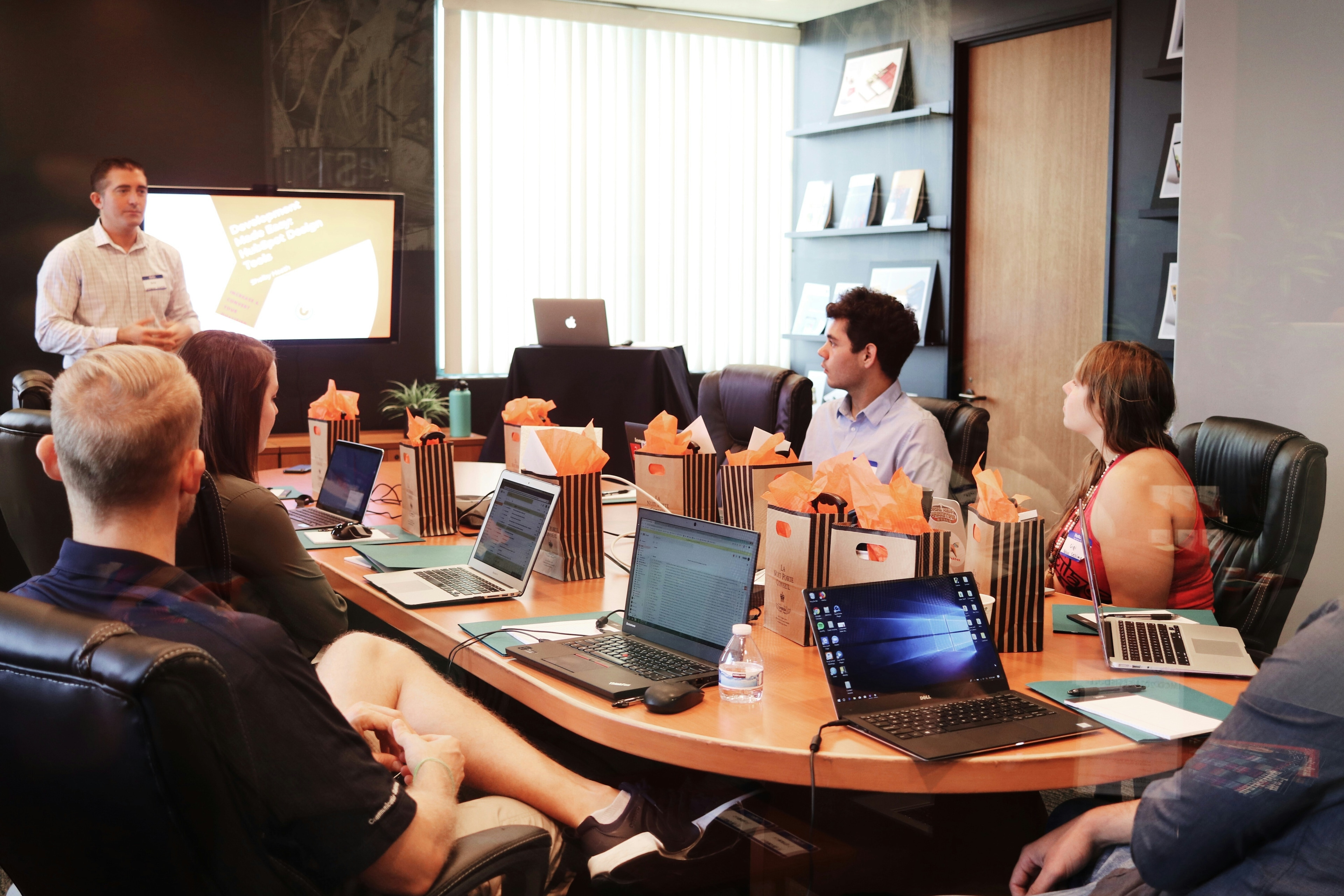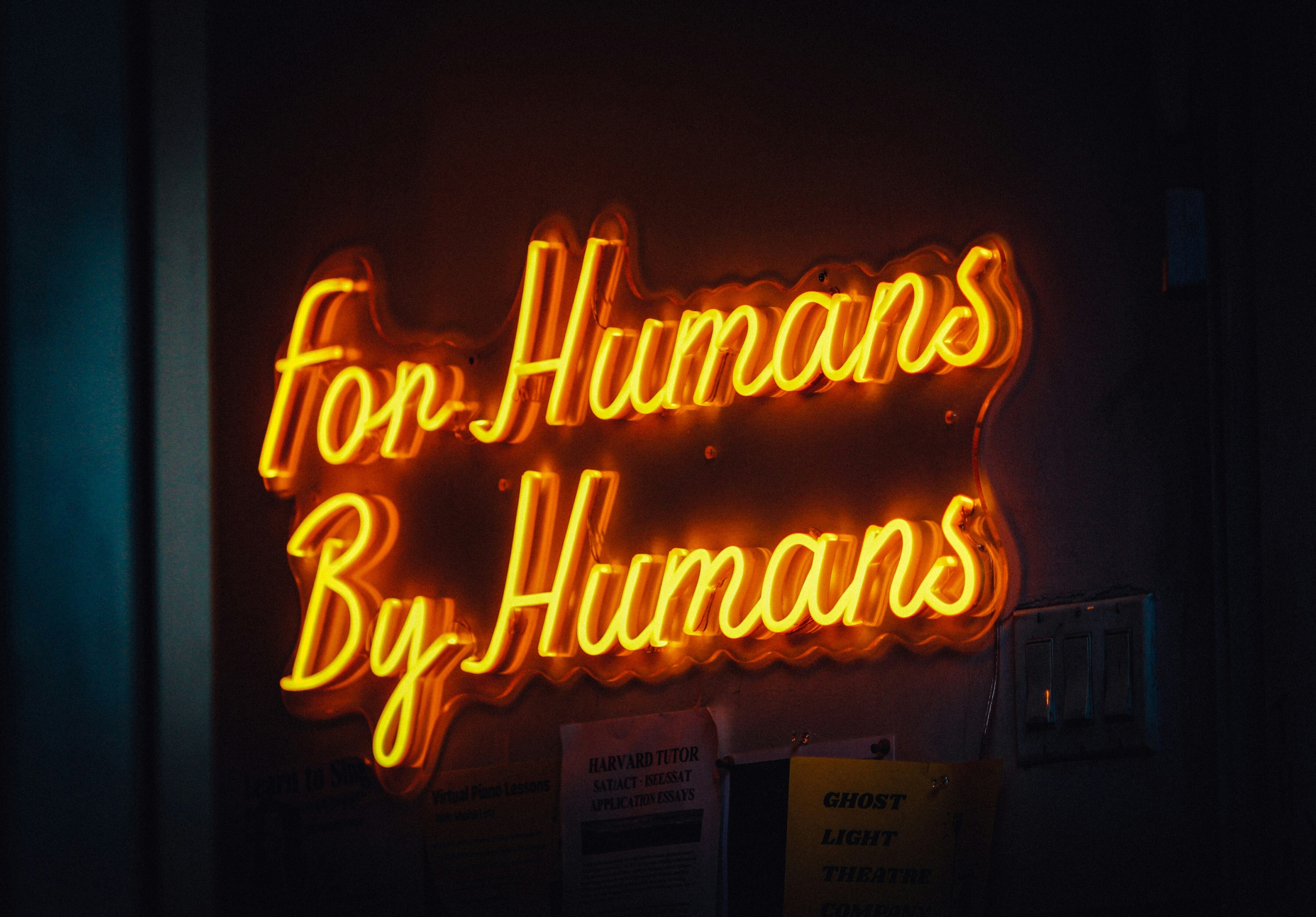4 problem-solving tips from the world's 'scrappiest organizations'
In this book, 'Four Workarounds', Paulo Savaget highlights the four most common unconventional approaches to problem-solving.
Image: Paulo Savaget
Stay up to date:
Small and Medium-Sized Enterprises
- Paulo Savaget's book The Four Workarounds addresses pressing issues by looking at how the world's 'scrappiest organizations' leverage available resources and find innovative approaches to problem-solving.
- In an interview with the World Economic Forum, Savaget talks about the adaptability and flexibility these workarounds offer, making them essential in a rapidly evolving world.
- He also highlights the importance of flexible leadership that can embrace change and diversity, ultimately leading to a more inclusive world.
Like several other low-income African countries, Zambia struggled to access medicine for diarrhoea - the third leading cause of preventable deaths in the country for children under five.
The life-saving medicine, approved by the World Health Organisation, was available over the counter and didn't require refrigeration. But systematic challenges such as poor infrastructure and the lack of funding meant it didn't reach the people who needed it most, especially in remote regions.
ColaLife, a non-profit based in the United Kingdom, came up with an ingenious solution based on a crucial observation: Soft drinks seem to be everywhere in developing countries, yet these medicines are not.
"So if there's already a system in place that makes Coca-Cola available in remote regions, why can't we take a free ride with their bottles to provide access to medicines?" Paulo Savaget tells the World Economic Forum as he recalls his work with the non-profit.
"Within a few years, ColaLife was able to use this workaround solution and increase the uptake of this medicine from less than 1% to about 50%, which is an amazing result, especially considering the budgets that were available to them."
Savaget is an associate professor at Oxford University's Engineering Sciences Department and the Saïd Business School. In this book, Four Workarounds, he terms such an approach to problem-solving as a 'piggyback' workaround.
"In other words, it's an approach that allows you to benefit from what already exists - it crosses silos."
Finding ingenious workarounds
Savaget's journey into the world of workarounds began with his multidisciplinary background, which combines economics, development studies, social sciences, and engineering.
He has always been interested in solving complex problems by bringing together diverse knowledge and contributions from various stakeholders.
For this research, he specifically looked at the workings of 'scrappy organisations', a term he uses to define smaller organisations that don't necessarily have access to big budgets but find ingenious ways of getting things done with the resources available to them.
"I built this research primarily on the knowledge of social entrepreneurs, non-profits, small companies, individuals and even policymakers who found themselves on the fringes of power," he says.
He looked into the relatively small and practical interventions deployed by these organizations and came up with the four most common unconventional approaches they use to transform their business.
Apart from the 'piggyback' workaround, he highlights the role of:
- The next best workaround, which focuses on repurposing or recombining resources to address systemic bottlenecks.
- The roundabout workaround, which helps buy time to mobilize, negotiate, and develop alternative solutions.
- And the loophole workaround, which either capitalizes on ambiguity or implies working around rules, both formal and customary.

"The workarounds are very good at situations where you try to tackle a complex problem without necessarily relying on the right way of getting things done. You find ingenious workarounds," says Savaget.
He cites an inspiring example of Topher White, a social entrepreneur who found the 'next best' use for discarded mobile phones and used it to combat deforestation in the Indonesian part of Borneo.
By placing these phones in tree canopies, powered by solar energy, they monitored the sounds of the forest. An artificial intelligence (AI) model distinguished the sounds of nature from the noise of chainsaws, sending alerts to patrols in real-time.
"An ingenious way of working around systemic bottlenecks and preventing deforestation by using what was literally going to waste."
Who benefits from workarounds?
As the world continues to change and evolve, Savaget sees his work as a constantly expanding field. Many organizations that started small with workarounds have gone on to become significant players in their respective industries.
"One of the cases I worked with was TransferWise, now called Wise. They started with workarounds to international transfer fees by maximising domestic transfers," Savaget says.
"By doing so, they created this platform that provides international transfers for a very minimal cost compared to commercial banks... And now it's a multi-billion dollar organisation."

The workarounds provide adaptability, dynamism and flexibility that many organizations and workers today are trying to adopt, according to Savaget. And leaders must keep up.
"We have gradually recognised the importance of more flexible and adaptive leadership," he says. "The leaders of today are not necessarily individuals who exercise their power or who are authoritative. They are the ones who can accommodate diversity or adapt to different contexts."
The World Economic Forum's 2023 Future of Jobs report notes that the past three years have been shaped by a challenging combination of health, economic and geopolitical volatility combined with growing social and environmental pressures. These accelerating transformations have and continue to reconfigure the world's labour markets and shape the demand for jobs and skills of tomorrow, driving divergent economic trajectories within and across countries, in developing and developed economies alike.
It identifies resilience, flexibility and agility as being among the core skills which businesses consider to be growing in importance.
Savaget hopes the emerging trend around flexible leadership will help broader endorsement of change and diversity, ultimately leading to a more inclusive world.
Don't miss any update on this topic
Create a free account and access your personalized content collection with our latest publications and analyses.
License and Republishing
World Economic Forum articles may be republished in accordance with the Creative Commons Attribution-NonCommercial-NoDerivatives 4.0 International Public License, and in accordance with our Terms of Use.
The views expressed in this article are those of the author alone and not the World Economic Forum.
Forum Stories newsletter
Bringing you weekly curated insights and analysis on the global issues that matter.
More on Jobs and the Future of WorkSee all
Antara Choudhury and Vivin Rajasekharan Nair
August 14, 2025
Atul Kumar
August 12, 2025
Shuvasish Sharma
August 6, 2025
Samuel Alemayehu
August 5, 2025
Neeti Mehta Shukla
August 1, 2025
Lisa Bechtold
July 29, 2025





